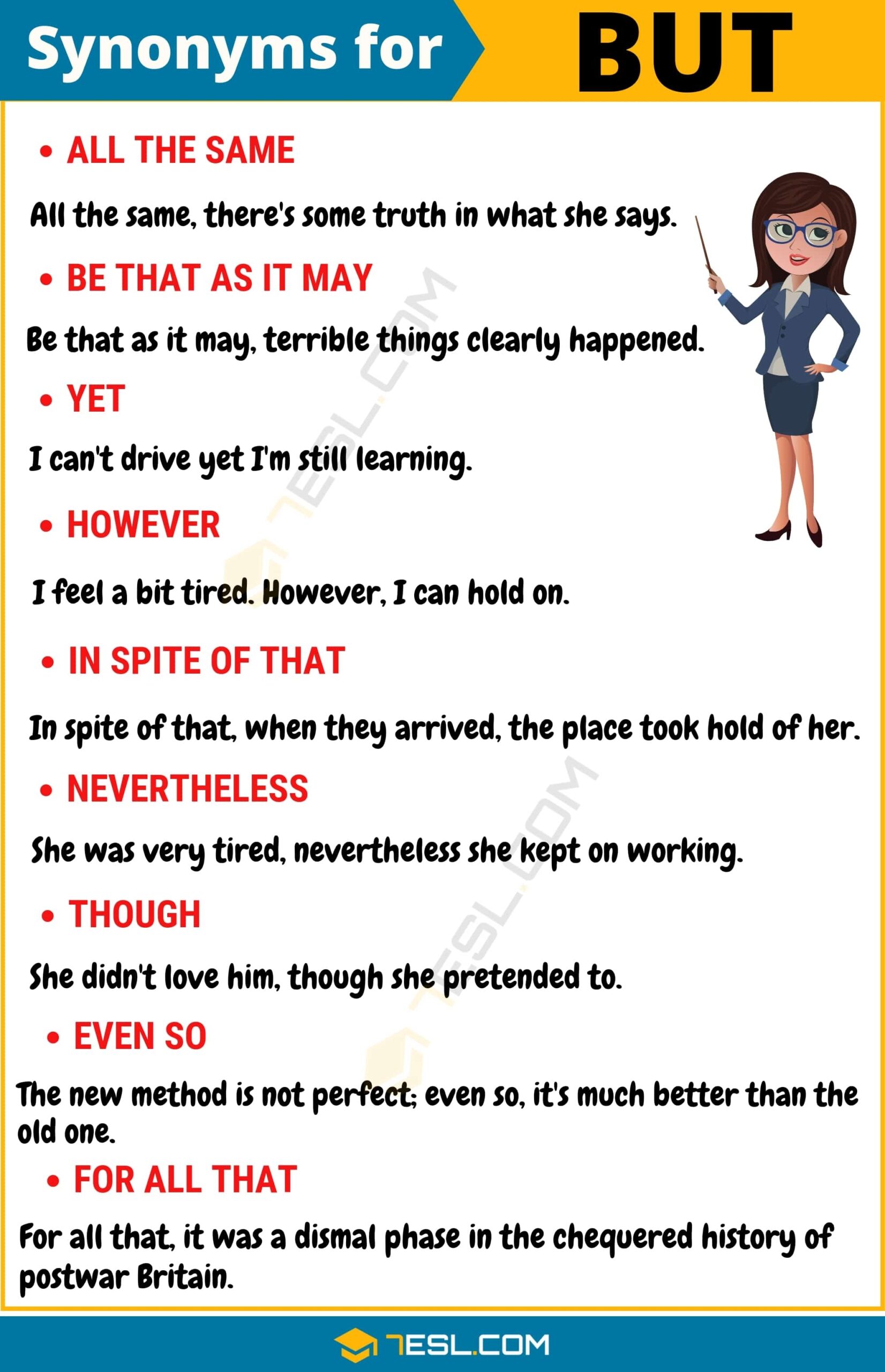In writing, transition verbs are essential for connecting ideas and improving the flow of your sentences. These verbs help readers navigate through your text smoothly, making it easier for them to understand your message.
Using a variety of transition verb synonyms can make your writing more engaging and dynamic. Let’s explore some alternatives to commonly used transition verbs to enhance your writing style.
Substitute Transition Verbs
1. Replace “said” with “argued”: Instead of using the mundane “said,” consider using “argued” to indicate a more intense or passionate conversation.
2. Swap “showed” with “demonstrated”: Rather than simply stating that something was shown, using “demonstrated” adds a level of clarity and emphasis to your writing.
3. Exchange “began” with “initiated”: To add sophistication to your writing, opt for “initiated” instead of the basic “began.”
4. Substitute “went” with “proceeded”: When describing a sequence of events, “proceeded” conveys a sense of order and progression more effectively than “went.”
5. Swap “said” with “stated”: For a more formal tone, consider using “stated” instead of the commonly used “said.”
By incorporating these alternative transition verbs into your writing, you can elevate the quality and impact of your work. Experiment with different synonyms to find the ones that best suit your writing style and the tone you wish to convey.
Ultimately, using a diverse range of transition verb synonyms can make your writing more engaging and sophisticated. By enhancing the flow and coherence of your sentences, these verbs help guide your readers through your text effortlessly.
So, the next time you find yourself reaching for a common transition verb, consider using a synonym to add depth and variety to your writing. Your readers will thank you for it.
